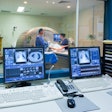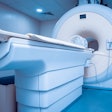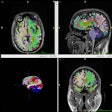Dear MRI Insider,
As an Insider subscriber, you are afforded the first look at a new study on adenosine stress cardiac MRI. When performed within 12 hours of a patient coming to an emergency room with chest pain, the imaging test appears to be a safe and effective tool for diagnosing significant coronary artery disease.
The researchers from Duke University concluded that stress cardiac MRI was the strongest predictor of significant coronary artery disease and how well the patients would fare during follow-up. Learn more about the study in our Insider Exclusive, brought to you before the other AuntMinnie.com members.
In other featured articles, MRI without contrast offers good diagnostic performance in cases of suspected pediatric appendicitis, according to researchers from Texas Children's Hospital. They found substantial agreement with ultrasound in positive appendicitis cases, indicating that MRI could be an alternative to both ultrasound and CT for this application. The findings are important because ultrasound is not always available at adult healthcare facilities, and CT is not optimal for pediatric imaging due to radiation.
In addition, how MRI is used for neuroimaging procedures was taken to task in a study in JAMA Internal Medicine. Despite guidelines to control the utilization of CT and MRI for headaches and migraines, the modalities are overused and cost an estimated $3.9 billion between 2007 and 2010, University of Michigan researchers concluded.
Moving on to other parts of the world, whole-body MRI screening is safe and accurate for detecting serious pathology in the asymptomatic general population, especially in patients older than 50, according to a study from the Medical University of Warsaw and the city's Medicover Hospital. Brain infarcts were found in nearly 40% of individuals older than 50 and in 19% of those younger than 50. Brain gliomas, hemangiomas, renal carcinoma, significant degenerative spine disease, and pulmonary nodules were also found in significant numbers among the patients scanned at the hospital over approximately three and a half years.
From Egypt comes research that details the accuracy of cardiac MRI for evaluating changes in the myocardium of patients with end-stage liver disease, particularly those with hepatitis C. Specifically, severe liver cirrhosis secondary to infection with hepatitis C causes functional and morphological changes within the myocardium that could be accurately evaluated by cardiac MRI.
Be sure to stay in touch with the MRI Digital Community on a daily basis to view the latest news and novel research.


.fFmgij6Hin.png?auto=compress%2Cformat&fit=crop&h=100&q=70&w=100)
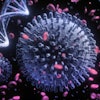
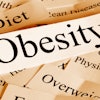

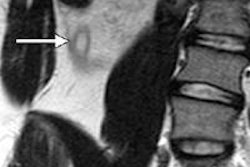
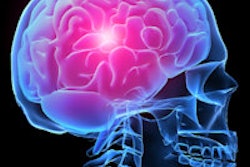
.fFmgij6Hin.png?auto=compress%2Cformat&fit=crop&h=167&q=70&w=250)








